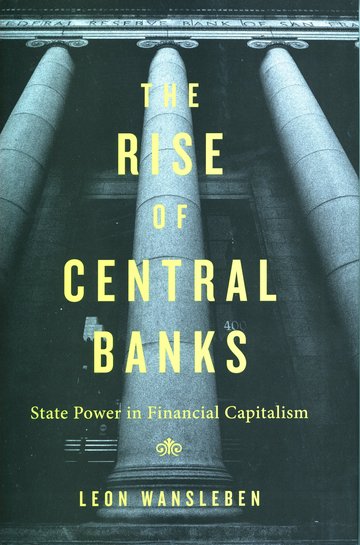China’s Capitalism: A Paradoxical Route to Economic Prosperity
Tobias ten Brink
MPIfG Book
Abstract
Since 1978, economic growth in China has outperformed every previous economic expansion in modern history. As major Western economies struggle with the effects of the deepest recession since WW II, the People’s Republic enjoys massive growth rates by comparison. Tireless expansion and inventiveness join a national euphoria in which anything seems possible as China is poised to become a global engine for innovation.
In China’s Capitalism, Tobias ten Brink uses empirical evidence and theories of comparative and international political economy to explore characteristics of China’s socioeconomic system over time, identify key dynamics shaping the system’s structure, and discuss trends in capitalist development. He argues that hegemonic state-business alliances, relative homogeneity of party-state elites, a low-wage regime, and coincidences between domestic and global processes drive China’s rise, and he surveys the limits to the state’s influence over economic and social developments such as industrial overcapacity and social conflict.
China’s Capitalism presents a coherent and historically nuanced portrait of the socioeconomic order of the PRC and the challenges facing its development.
Contents
Introduction
Chapter 1. Analyzing China’s Political Economy
Insights, Gaps, and Desiderata in China Research
Researching China from a Political Economy Perspective
Chapter 2. From Mao to the Hu/Wen Era: The Origins and Trajectory of Capitalist-Driven Modernization
Protocapitalism: The Historical Background to the Transition Under Deng
The Emergence of State-Permeated Capitalism (1): Two Phases of Reform
The Emergence of State-Permeated Capitalism (2): Chinas’s Integration into the Global Economy
Chapter 3. Current Developments in Chinese Capitalism
The Corporate Sector and Socioeconomic Dynamics
Planning for and with the Market(s): The Heterogeneous Party-State
The Limits of Chinese-Style Subordination? Developments in Labor Relations
Conclusion
Capitalist Development in China
Paradoxes of Prosperity
Theoretical Implications for Political Economic and China Studies












